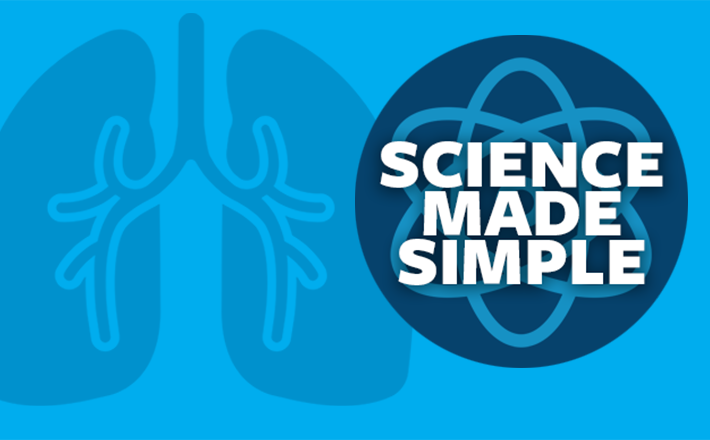
The good news
Results from a study funded by LCRF may have uncovered a potential therapeutic strategy that could prevent or delay acquired resistance to lung cancer targeted therapy. Hideko Isozaki, PhD, a 2020 LCRF grantee, published this work in the prestigious scientific journal, Nature.
Why it’s important
The development of resistance to anticancer targeted therapy remains a big problem, and it is the main reason that patients are not cured from their treatment.
Dr. Isozaki has been studying the role of apolipoprotein B messenger RNA editing catalytic polypeptide-like (in short APOBEC) cytidine deaminases (the one studied here is A3A) in the development of drug resistance. Basically, APOBECA3A promotes gene damage in cancer cells that persist after treatment with targeted agents. This makes the cancer cells unstable, and they are more likely to grow and be resistant to the treatment. Dr. Isozaki was able to demonstrate this using cancer cells from patients that were taken before and after treatment.
What it means for patients
If we can understand how cancer cells become resistant to treatment and overcoming challenges associated with that resistance, patients could stay on their therapies and extend their survival. This discovery is a step towards that goal, and APOBECA3A could be a new target for treatment in patients.
What to watch for
Ways to block APOBECA3A will need to be developed in order to test these findings, and scientists are working on solutions. It is important to remember that the development of drug resistance in cancer cells is very complicated. This study represents one step forward in understanding the process.
